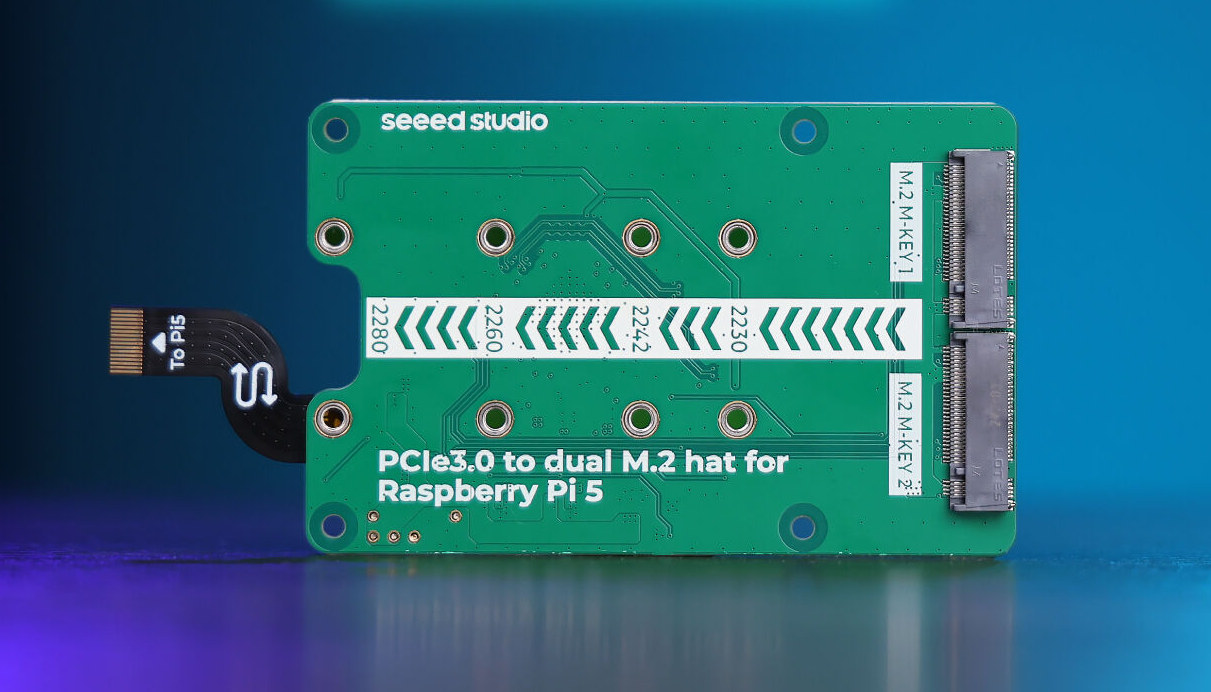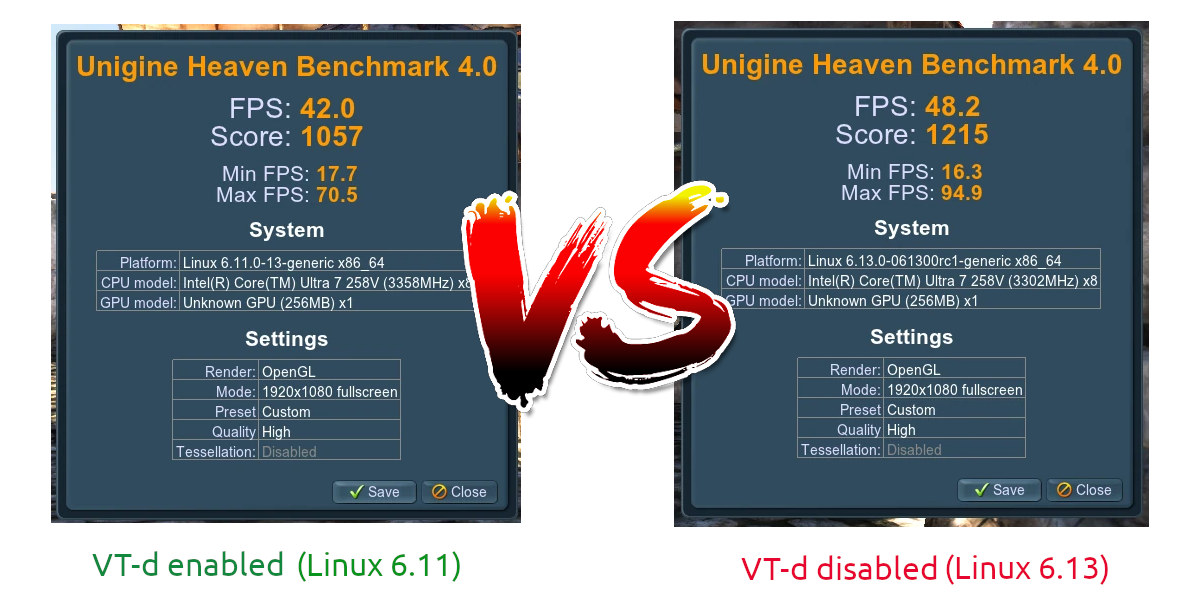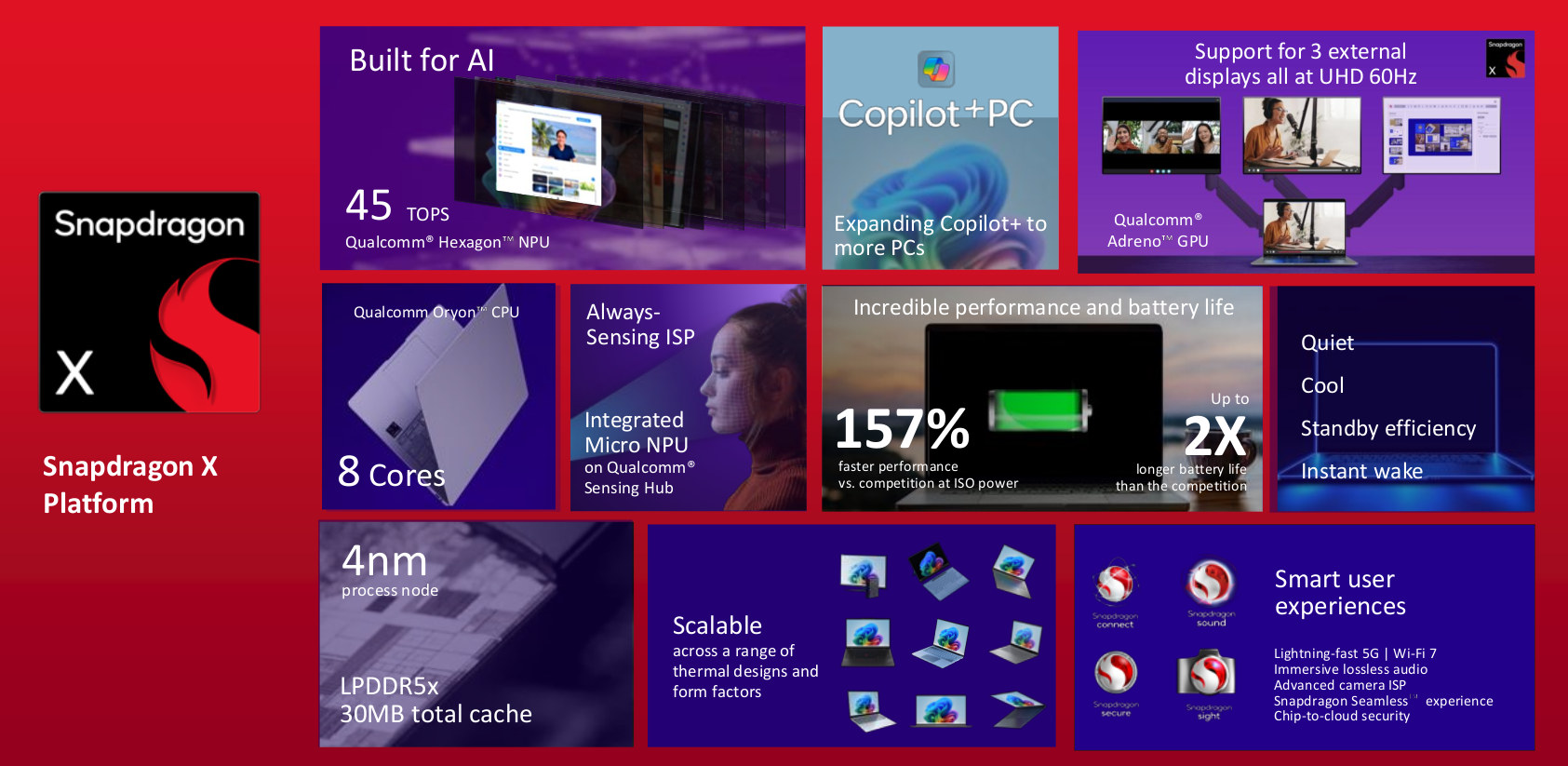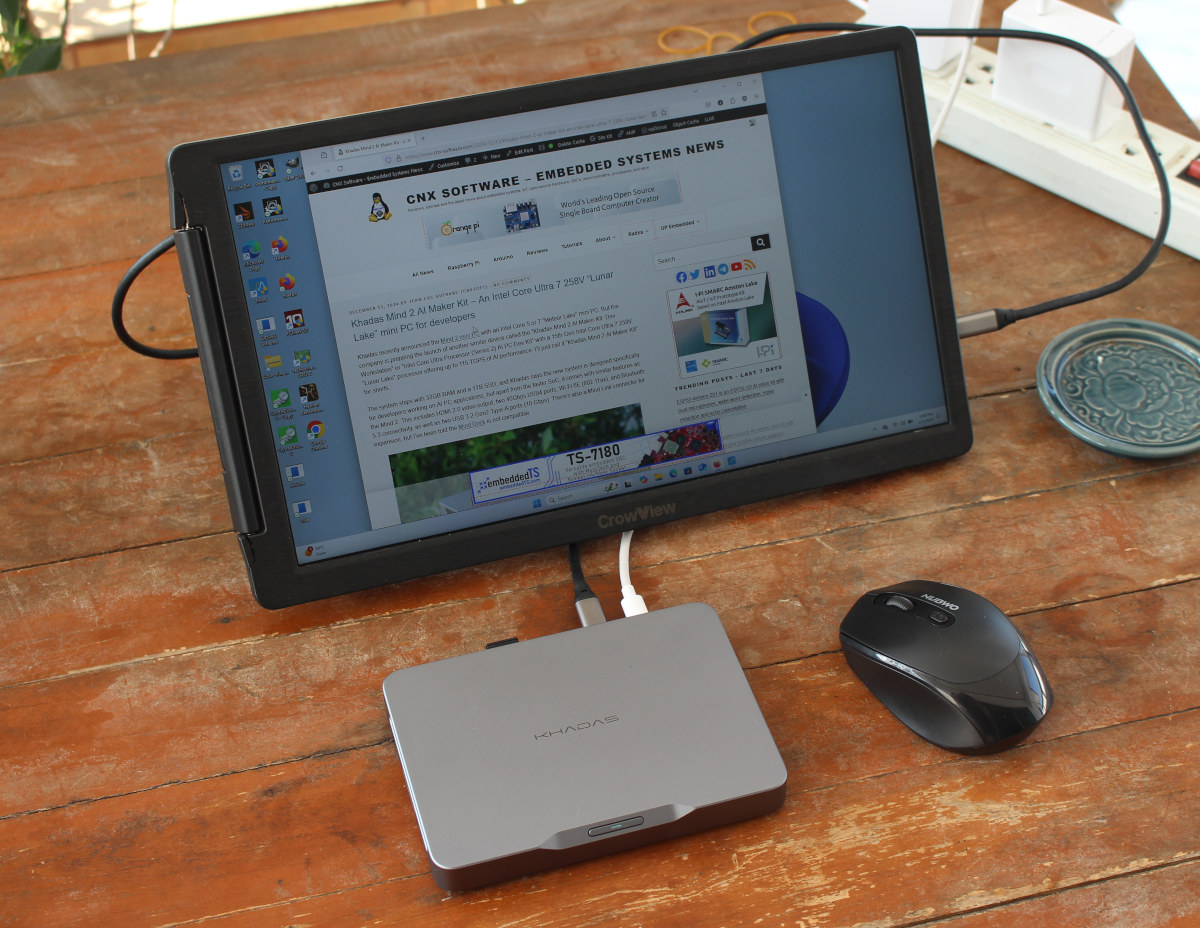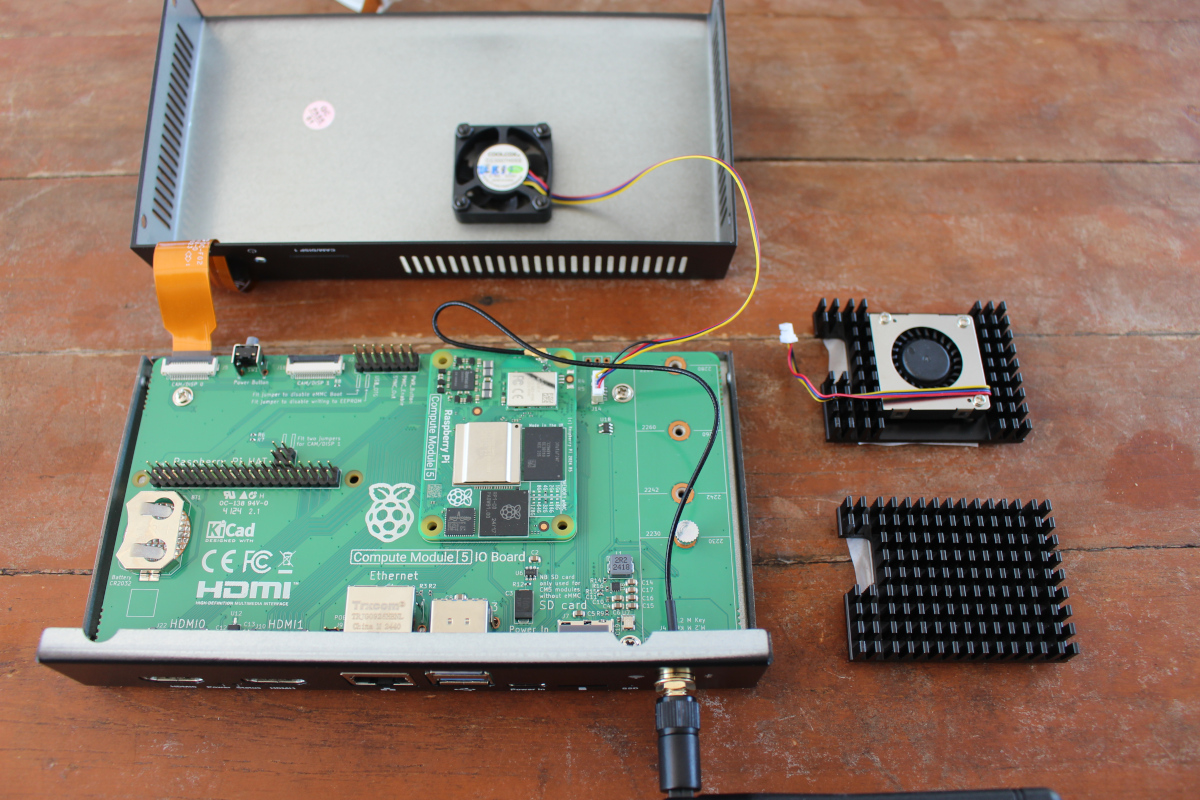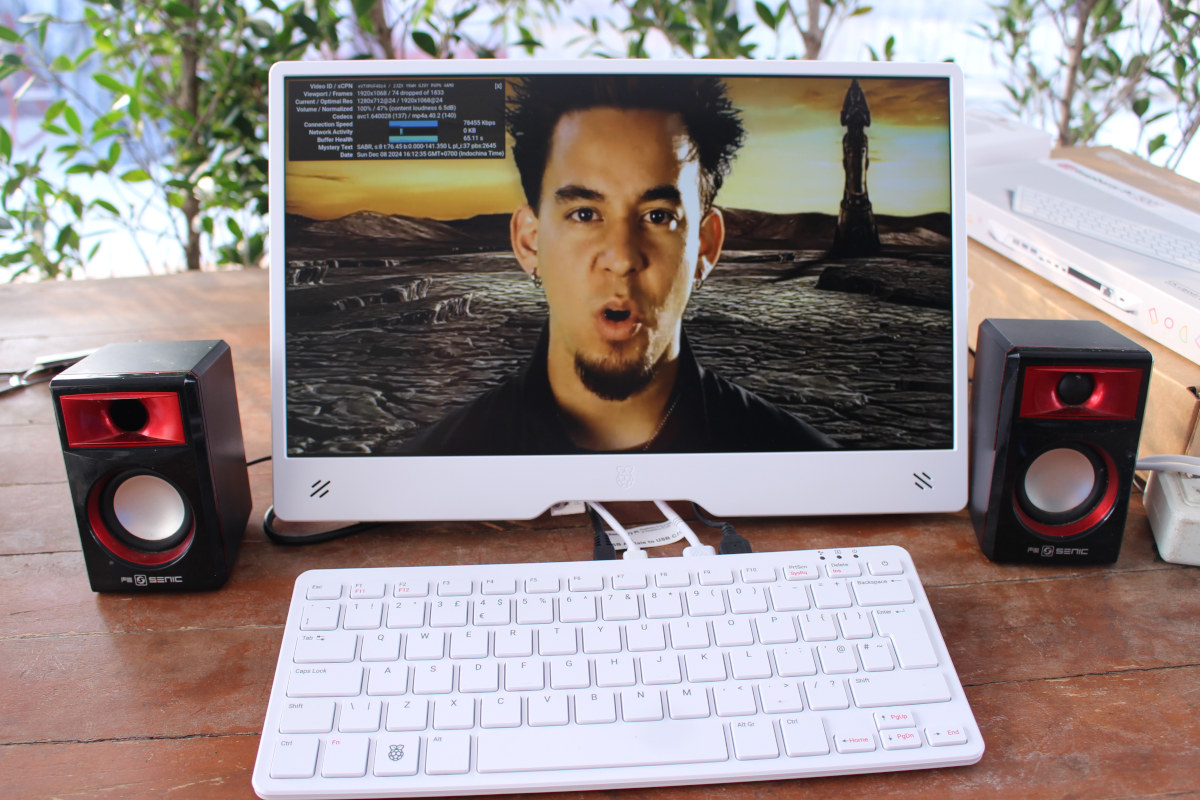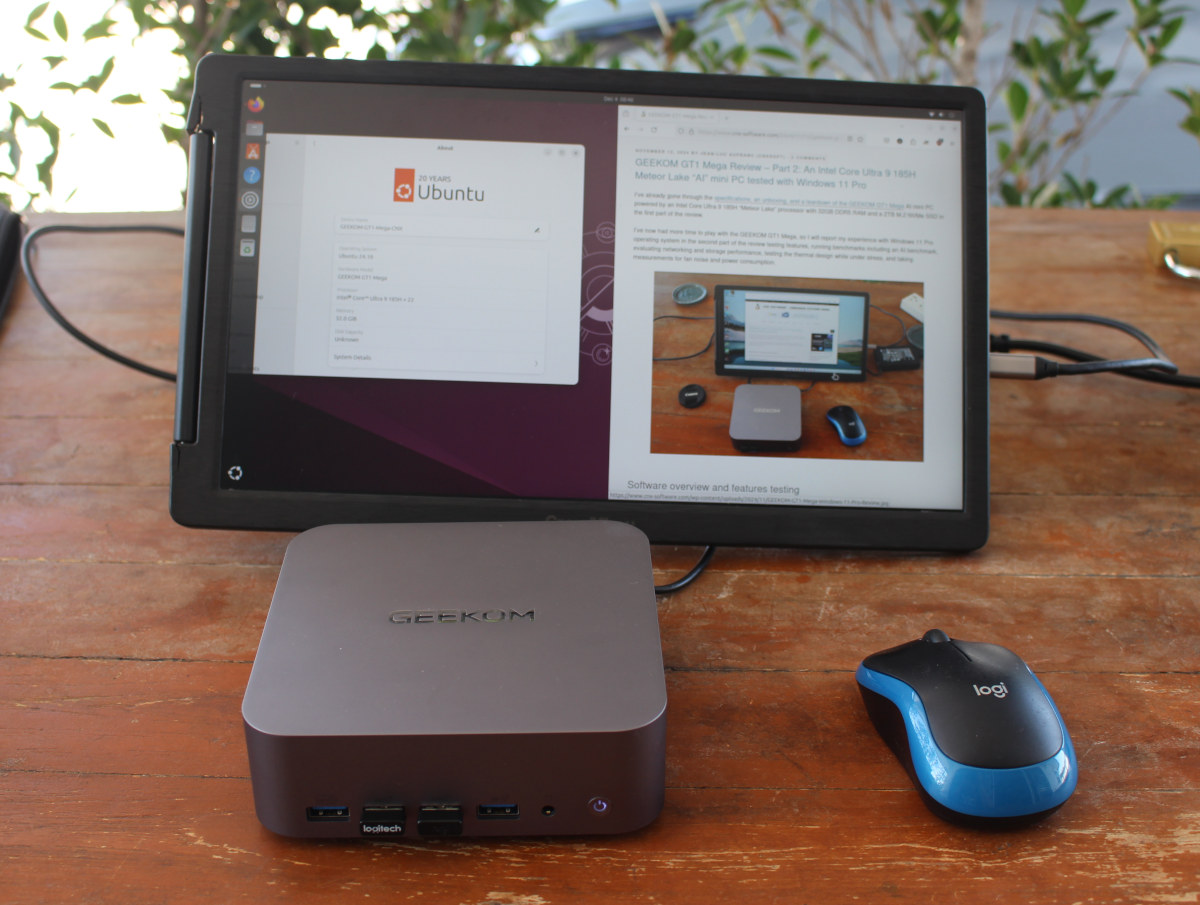We’ve already covered Raspberry Pi HAT+ boards with multiple M.2 sockets with various keyings including the Geekworm X1004 HAT+, Pineboards HatDrive! AI, and HatDrive! Dual with two sockets, and the Geekworm X1011 with four M.2 Key-M sockets. So when I saw Seeed Studio introduced a dual M.2 HAT+ board I initially thought it was uninteresting being a very similar board. However, all aforementioned PCIe to M.2 HAT+ boards are based on either the ASMedia ASM1182e or ASM1184e PCIe Gen2 x1 packet switches with 5GT/s shared bandwidth, and Seeed Studio’s PCIe3.0 to Dual M.2 HAT+ for Raspberry Pi 5 features instead an ASMedia ASM2806 PCIe 3.0 switch supporting up to 8GT/s shared bandwidth through the Raspberry Pi 5’s PCIe Gen3 x1 interface. Seeed Studio PCIe 3.0 to Dual M.2 HAT+ key features and specifications: Supported SBC – Raspberry Pi 5 and potentially other SBCs with a PCIe FFC connector like the […]
Disabling VT-d improves Intel Arc GPU Linux performance on Meteor Lake and newer SoCs
In this post, I’ll check whether disabling VT-d virtualization support may improve the performance of the Intel Arc GPU in recent Meteor Lake or Lunar Lake SoC using a Khadas Mind Maker Kit with an Intel Core Ultra 7 258V CPU with Intel Arc 140V graphics running Ubuntu 24.10. A few days ago, I read a post on Phoronix about Intel publishing tips to improve the performance of Intel GPUs in Linux: Keep the system updated with the latest kernel and Mesa versions. Ensure SoC firmware is up-to-date. These firmware updates currently require installing the Windows graphics driver; firmware updates via fwupd are in progress. Use Wayland where possible, as it supports additional modifiers for better performance. For MTL (Meteor Lake) and newer integrated GPUs, disable VT-d if virtualization is not needed. For discrete GPUs: Enable ReBAR_ Enable ASPM_ I was especially curious about the line about disabling VT-d virtualization […]
Qualcomm Snapdragon X octa-core Arm SoC to power $600+ mainstream AI PCs with Copilot+ support
Qualcomm has unveiled the Snapdragon X octa-core Arm SoC at CES 2025 designed for mainstream AI PCs with Copilot+, which should start at $600 and up. This follows the announcements of the high-end 4.3GHz Snapdragon X Elite 12-core SoC in 2023, and the Snapdragon X Plus 10-/8-core processors last year, and should make AI PCs affordable to a wider range of consumers. The new Snapdragon X is clocked at up to 3.0 GHz, still features a 45 TOPS Hexagon NPU, supports NVMe storage, up to 64GB LPDDR5, up to 2560 x 1440 built-in displays, up to three external displays at 4Kp60, and a single camera up to 36MP resolution. Systems based on the new octa-core processor can support WiFi 7, WiFi 6E, and/or 5G LTE connectivity. Qualcomm Snapdragon X (X1-26-100) specifications: CPU – Octa-core 64-bit Armv8 Oryon processor clocked at up to 3.0 GHz (2976 MHz) with 30MB cache GPU […]
FOSDEM 2025 schedule – Embedded, Open Hardware, RISC-V, Edge AI, and more
FOSDEM 2025 will take place on February 1-2 with over 8000 developers meeting in Brussels to discuss open-source software & hardware projects. The free-to-attend (and participate) “Free and Open Source Software Developers’ European Meeting” grows every year, and in 2025 there will be 968 speakers, 930 events, and 74 tracks. Like every year since FOSDEM 2015 which had (only) 551 events, I’ll create a virtual schedule with sessions most relevant to the topics covered on CNX Software from the “Embedded, Mobile and Automotive” and “Open Hardware and CAD/CAM” devrooms, but also other devrooms including “RISC-V”, “FOSS Mobile Devices”, “Low-level AI Engineering and Hacking”, among others. FOSDEM 2025 Day 1 – Saturday 1 10:30 – 11:10 – RISC-V Hardware – Where are we? by Emil Renner Berthing I’ll talk about the current landscape of available RISC-V hardware powerful enough to run Linux and hopefully give a better overview of what to […]
Khadas Mind Maker Kit review – Part 2: Windows 11 Home on an Intel Core Ultra 7 258V AI mini PC
I’ve already gone through the specifications and an unboxing of the “Khadas Mind 2 AI Maker Kit” powered by an Intel Core Ultra 7 258V “Lunar Lake” processor delivering up to 115 TOPS of AI performance and equipped with 32GB LPDDR5X RAM and a 1TB M.2 NVMe SSD in the first part of the review. I’ve now spent time with the mini PC/developer kit which is now simply called “Khadas Mind Maker Kit”, and I will report my experience with the Windows 11 Home 24H2 operating system in the second part of the review testing features, running benchmarks including an AI benchmark, evaluating networking and storage performance, testing the thermal design while under stress, and taking measurements for fan noise and power consumption. It looks like some AI features may finally be usable on Windows, but I’ll test that in a separate post since everything is new and Microsoft Copilot+, […]
Raspberry Pi CM5 review with different cooling solutions (and camera tribulations)
The day of Raspberry Pi CM5 release, I published a mini review of the Raspberry Pi Development Kit for CM5 showing how to assemble the kit and boot Raspberry Pi OS, and I also ran sbc-bench benchmark to evaluate the performance. Sadly, the Broadcom BCM2712 CPU did throttle during the test meaning cooling was not optimal when the CM5 IO board was inside the IO Case and the Compute Module 5 was only cooled by the fan. So today, I’ll repeat the same test with other cooling solutions namely the official Raspberry Pi Cooler for CM5 (that’s a heatsink only), and EDATEC’s CM5 active cooler similar to the active cooler for the Raspberry Pi 5, but designed for the CPU module. But before that, I’ll do some house cleaning so to speak since last time, I booted Raspberry Pi OS from an NVMe SSD and I noticed the camera did […]
Raspberry Pi 500 review with Raspberry Pi Monitor and teardown
The Raspberry Pi 500 keyboard PC is just out along with the 15.6-inch Raspberry Pi Monitor and received samples from Raspberry Pi for review a few days ago. I’ve had time to play with both, so in this review, I’ll go through an unboxing of the kit I received and report my experience with both the keyboard PC and monitor. Unboxing I received two packages. The first one with the Raspberry Pi Monitor, and the second with a Raspberry Pi 500 (UK layout), a 27W USB-C power adapter, and a micro HDMI to HDMI cable. So not quite a full Raspberry Pi 500 Desktop Kit since there’s no mouse and beginner’s manual but close to it. Let’s start with the keyboard PC. The bottom side of the package has some specs and a logo for the keyboard layout, in this case “UK”. There’s only the keyboard PC in the package. […]
GEEKOM GT1 Mega review with Ubuntu 24.10 – Part 3: Linux on an Intel Core Ultra 9 185H “Meteor Lake” mini PC
We’ve already had a look at GEEKOM GT1 Mega’s hardware with an unboxing and a teardown before following up with a thorough review of the Intel Core 9 Ultra 185H mini PC with Windows 11 Pro. After being interrupted by some Raspberry Pi reviews, I finally had the time to test the GEEKOM GT1 Mega with Ubuntu 24.10 to check out how well (or not) it works with a recent Linux distribution. I’ve tested the features of the Meteor Lake mini PC in Linux, ran some benchmarks, evaluated storage and network performance, played 4K and 8K videos on YouTube at various frame rates, went through a stress test to check its thermal design, and finally measured the mini PC’s fan noise and power consumption. Ubuntu 24.10 installation I would usually review mini PCs with the latest Ubuntu LTS version which would currently be Ubuntu 24.04.1. However, since the Intel Core […]


